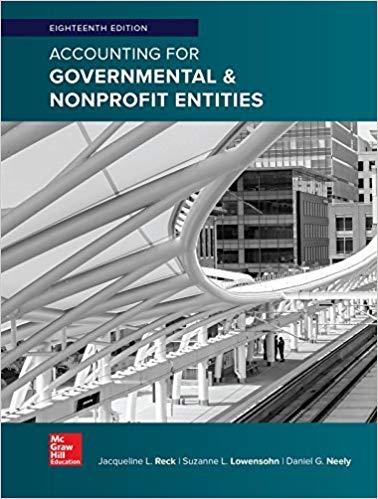Question
Aaron Kinequon is about to graduate from the First Nations University of Canada (FNUniv) with a degree in Administration and a major in accounting from
Aaron Kinequon is about to graduate from the First Nations University of Canada (FNUniv) with a degree in Administration and a major in accounting from the Indigenous Business and Public Administration program. Aaron is currently 24 years old. He received two-years of funding from his band for post-secondary education to complete his Diploma in Administration from FNUniv. The Post-Secondary Student Support Program (PSSSP) through Indigenous Services Canada allows for some status First Nations to access funding for post-secondary education, but due to limited funding, not all First Nations students are eligible for such funding. Aaron left school for two years to pursue a job opportunity and then returned to school to complete his Bachelor of Administration degree. During the last two years of his degree, he did not receive PSSSP funding, but did receive scholarships and student loans and worked part-time in order to cover his tuition and living expenses. His student loan debt is $14,400. Aaron would like to pursue his CPA while working for his band's urban reserve office in Saskatoon, Saskatchewan. Since he will be employed on-reserve, his income will be tax exempt under section 87 of the Indian Act. After examining his current financial situation regarding income, savings, living expenses, and debts, he plans to work as an accountant for his band while he pays off his current student loan debt, pays for the graduate courses necessary to complete his CPA, and saves for his CPA exam. He hopes to complete his CPA requirements, the minimum two years of work in the field of accounting and the exam, in the next three years.
While working for his band and finishing his CPA requirements, Aaron plans to rent a two-bedroom apartment in Saskatoon and share the rental and utility costs with his cousin. He has a used truck that he recently bought from his uncle and doesn't plan on getting a new vehicle for a while. The truck gets him through those tough Saskatchewan winters and lots of travel in the summer months. Aaron is an avid powwow dancer. He spends his summer weekends traveling and dancing in the powwow circuit. Therefore, he needs to save enough to be able to cover his travel and powwow expenses. After receiving his CPA, Aaron would like to work for a Saskatchewan accounting firm that supports local First Nations. Eventually, he would like to work for a business or nonprofit, such as the Saskatchewan Indian Gaming Authority, the Federation of Sovereign Indigenous Nations, or the Assembly of First Nations, and take on a leadership role as the Chief Financial Officer. In the next ten years, he plans to purchase a home and settle down. He would also like to start investing after receiving his CPA.
Current Financial Situation
Chequing account: $1,650 Emergency Fund savings account: $3,250 Car: $7,500 Student loan: $14,400 Credit card balance: $218.76 Gross monthly salary: $3,558.33 Net monthly salary: $3,307.29
Discussion Questions
- What are Aaron's short-term, intermediate, and long-term goals?
- Given Aaron's financial situation, what financial goals should Aaron set for himself in order to achieve his short-term and intermediate goals?
Step by Step Solution
There are 3 Steps involved in it
Step: 1
Aarons shortterm intermediate and longterm goals are as follows Shortterm goals 1 Pay off his current student loan debt of 14400 2 Save up for his CPA ...
Get Instant Access to Expert-Tailored Solutions
See step-by-step solutions with expert insights and AI powered tools for academic success
Step: 2

Step: 3

Ace Your Homework with AI
Get the answers you need in no time with our AI-driven, step-by-step assistance
Get Started


